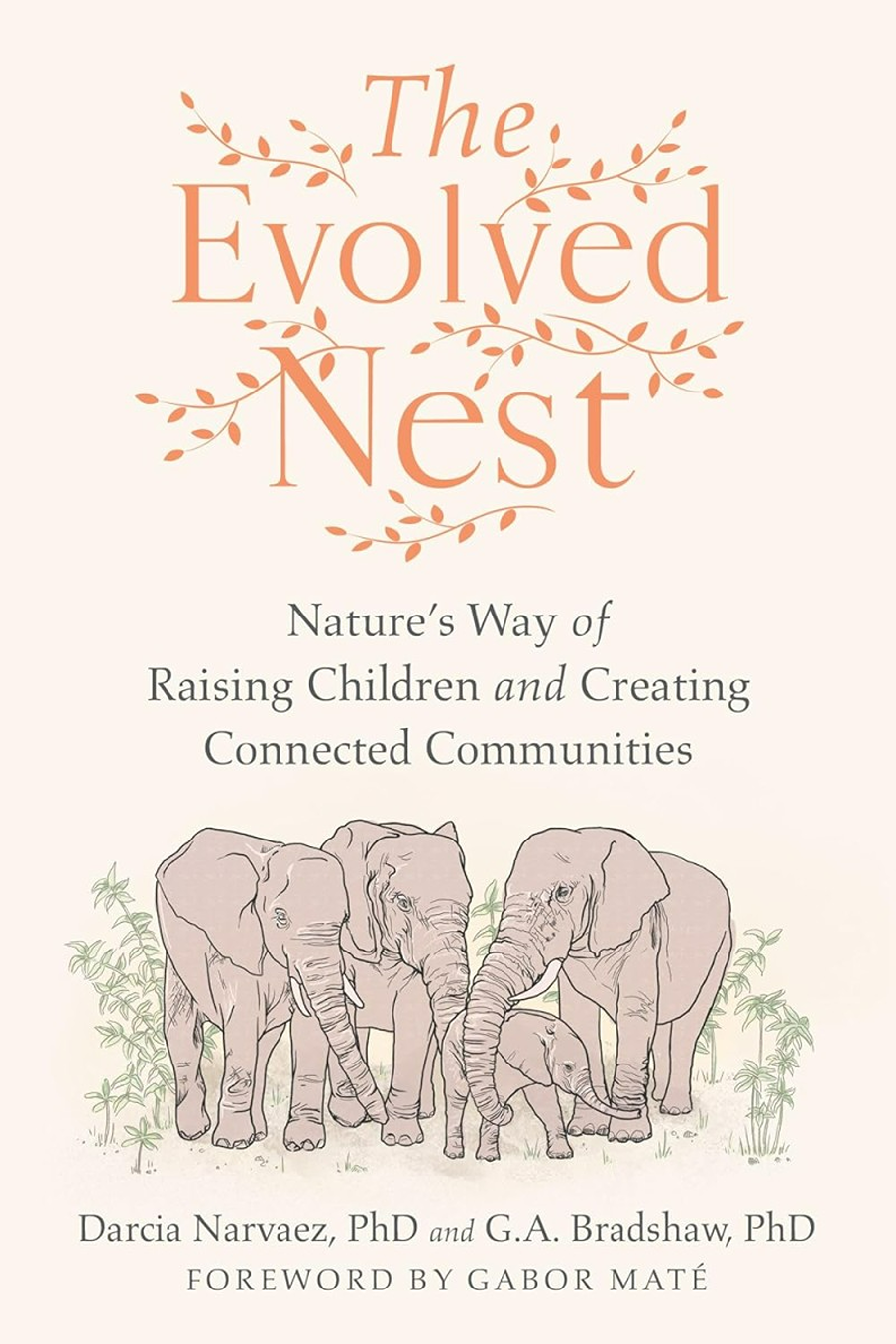
Our police forces have been seriously underfunded for years, which has led to all kinds of problems. Compared to some countries (say Afghanistan or Somalia), England is a very safe country. And there are lots of ways to help with preventive crime like town planning ideas to make towns and cities safer for women. The shocking case of Sarah Everard highlighted the issues we face (she was kidnapped and murdered by the very person – a policeman – that she thought she could trust). Of course, most policemen are trustworthy. But unlike say Monaco (which has a police officer for every 2 people), what can we do amid rising crime rates?
You can obviously call 999 to call the Police in an emergency. You can report crimes anonymously on CrimeStoppers (same for wildlife crime). A good way to help the police is not to waste their time if you don’t need to. Some people have called asking stupid questions like not knowing a crossword answer, request for local business numbers and one operator even got a call as one person was refusing to share food at the cinema!
The police website has a list of other things you can call them for, non-emergency wise. You can also report these things online. These include frauds and cyberscam, road traffic accidents (including deer/vehicle collisions), antisocial behaviour, domestic abuse, spiking drinks, hate crimes, stalking, missing people or suspected terrorism. You can also ask for updates on previous crime reports.
If you’ve been a victim of crime, you can access free victim support. You can call or text the supportline, start a live chat or fill in a form and someone will get back to you within three working days. Services are confidential.
become a special constable volunteer
Experts say that we really need around 100,000 extra police officers, to keep up with modern populations and rising crime rates. So special volunteer constables are the other source (which employers can fund, if wished). Most work around 16 hours amonth and wear the same uniform and carry out various tasks including responding to 999 calls, foot/vehicle patrols, tackling anti-social behaviour, participating in house-to-house enquiries and tackling anti-social behaviour. They also may present evidence in court and offer crime prevention advice.
follow crime prevention advice
Ask your local police force to send a Designing Out Crime Officer to talk to your office, council or school. They are specially trained to know things to avoid (for example not building places with dark narrow alleys). Other examples are ensuring places are well-lit (but avoiding light pollution that affects birds and wildlife), and using surveillance where needed.
Use common sense. Upgrade your passwords to prevent cybercrime, and ensure you purchase good quality locks for doors, gates and bikes. Most thieves will give up if there are no ‘easy pickings’. Don’t leave items in view from windows (or consider living simpler, by selling/donating expensive ornaments and other items that you don’t need). The less you have of value, the less you have to steal. Nobody has the right to take your belongings, but if you don’t live in a house with masses of expensive jewellery, then people are less likely to target your property for burglaries.
Outside your home, again remove ‘helpers’ for burglars. Place ladders etc away out of sight, and ensure anything that could be stepped on to higher rooms (like bins or rubble) are cleared away. Security-mark items of value, and use a (good) burglar alarm if needed, but one that doesn’t keep going off in the middle of the night. Verisure is a reputable company.
Don’t tell people on social media that you are going away. For large-value items in homes, you can now buy programmes to temporarily switch on lights etc, to give the impression that someone is home.
set up a neighbourhood watch scheme
If one does not already exist in your area, set up a Neighbourhood Watch Scheme. This is not for ‘nosy neighbours’ but instead helps people to look out for each other, in case something does not look right. The site has heaps of crime prevention advice that you could go through together at regular meetings.
give good employment to ex-offenders

Tap Social Movement (Oxford) is an example of a company trying to help. 50% of all employers won’t hire someone with a criminal record, and this means up to 70% of prisoners who leave with their £90 journey fare reoffend, and return to cells for up to 22 hours per day (costing the taxpayer around £42K per prisoner each year). Obviously many criminals need to be behind bars, for our safety. But this company gives jobs and incomes to low-level criminals to make beer, creating 600,000 hours of work, a drastically reduced 6% offending rate and long-term job security.
learn the benefits of restorative justice
Restorative justice involves both the victim and criminal (not always from the same crime) meeting up to discuss how the crime impacts the victims. It’s not popular with right-wing MPs who wish to send everyone to prison, but it has huge percentages of success in preventing crime (especially for juvenile criminals who learn the impact of their crimes). Surely that’s what we want – to reduce crime? Here’s a case study from the website:
A man was pushing his 99-year old wheelchair-bound mum, when a boy snatched her handbag and ran off, leaving his mother screaming for help. He managed to find the boy who gave back the bag, and shortly after he plead guilty in court. The man requested to meet the boy, who he later found out was just 14 and had been coerced into the crime by someone else. After their meeting, he shook the boy’s hand (who later wrote an apology letter to his mother, who was happy that she had ‘been heard’). So it’s likely he will never reoffend again, which makes it safer for everyone else.
The Prison Reform Trust says prison reform is not being ‘soft on criminals’. It means using people’s time inside to do something useful (so they are safer people when released). It also makes prisons safer for prison officers who work there.
does the death penalty deter crime?
No. In US states where it is used (Texas), the murder rate is higher than states that don’t use it (like the northeast). It’s usually because most crimes are committed by people who are on drugs or completely mad. We used to have the death penalty in England, which (judging by celebrity-obsessions of recent years) would likely mean hoards of people would attend public hangings if they could.
In fact, the last ‘public hangman’ (Albert Pierrepoint) later said that he didn’t think his job made any difference to deter crime. The son of a hangman, he even sometimes hanged the wrong person (in one miscarriage of justice, he hanged an innocent man with a mental age of 10, then when the guilty man was found, he hung him too). He also before that had controversially hanged a 19-man now believed to have been innocent. Then retired to set up a bed-and-breakfast? He also hanged Ruth Ellis, the last woman to be hanged in England. But he later said:
All the men and women whom i have faced at that final moment convince me that in what I have done, I have not prevented a single murder.
The book Death at Midnight is interesting. It’s written by a former executioner in the US. His argument was that those who support the death penalty are not the people pulling the noose. So while they go about their daily life after the execution, it’s people like him who are left having nightmares for the rest of their lives.






